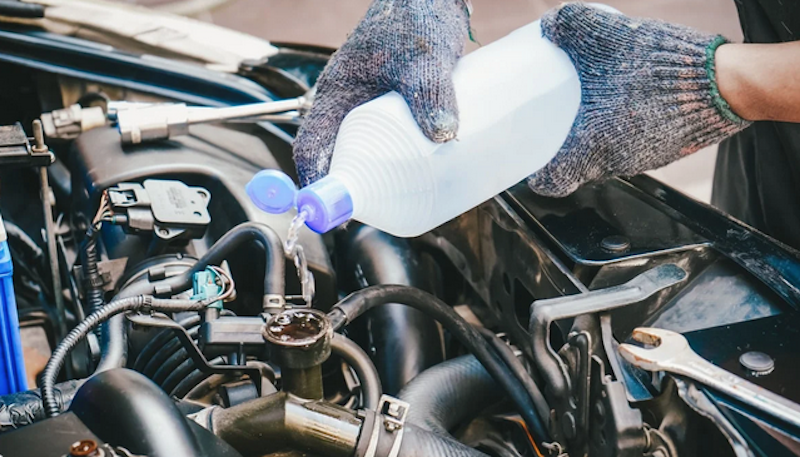Water shortage in a car’s radiator is a common issue that can lead to a range of problems. These problems range from engine overheating to costly repairs. One of the primary reasons for water shortage in a car radiator is leaking hoses or connections. Over time, the rubber hoses that carry coolant to and from the radiator can degrade. This leads to leaks. Similarly, connections between hoses and the radiator or engine may become loose or corroded, resulting in coolant-loss. Damage to the radiator itself, such as corrosion, rust, or physical impact, can also cause water shortage. Cracks or holes in the radiator can allow coolant to leak out. Therefore, they reduce the overall volume of water in the system.The thermostat is responsible for regulating the flow of coolant through the radiator. If the thermostat malfunctions or becomes stuck closed, it can restrict the flow of coolant. This leads to water shortage and overheating. In hot climates or under extreme operating conditions, radiator water may evaporate more quickly than usual. This results in reduced coolant levels. While this is less common than other causes, it can still contribute to water shortage over time.
Water Shortage in Car’s-Radiator: Causes/Consequences

